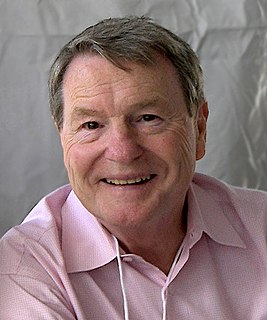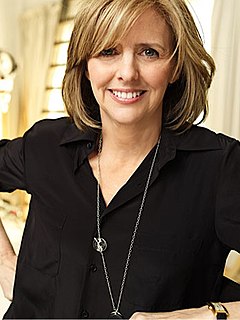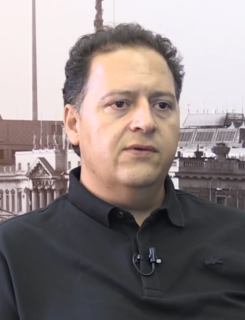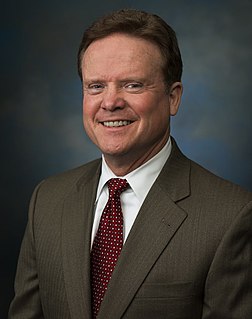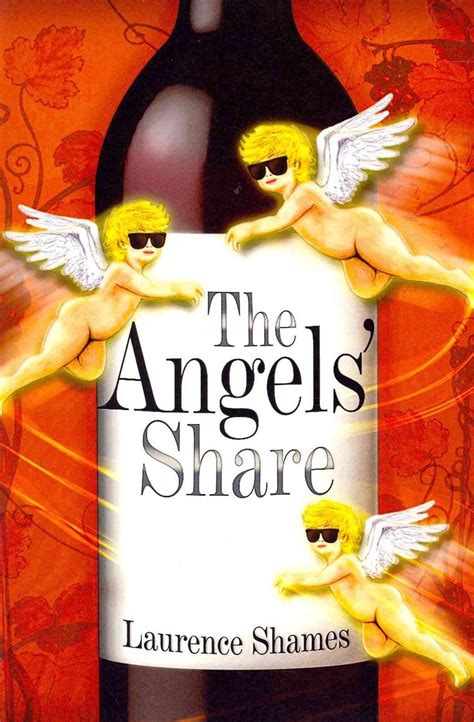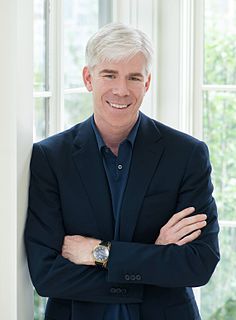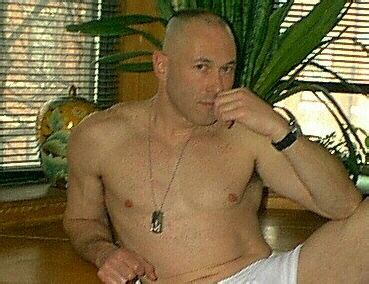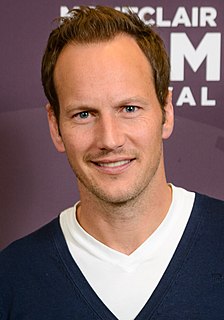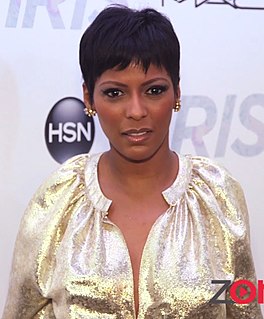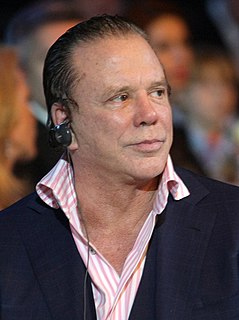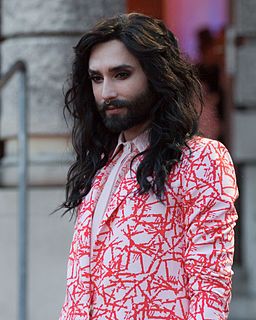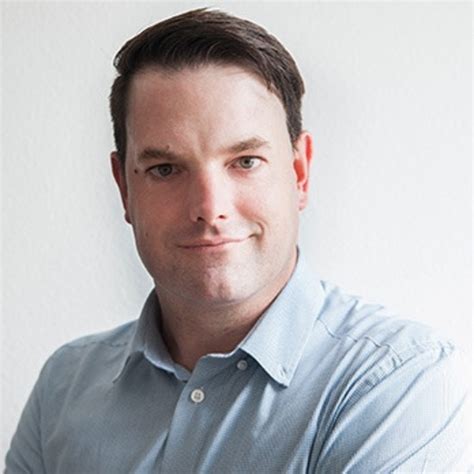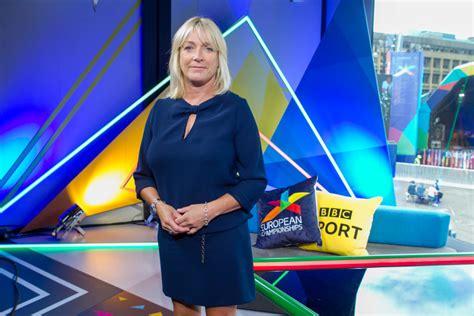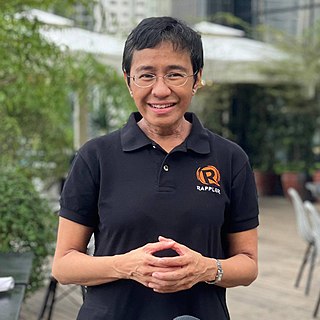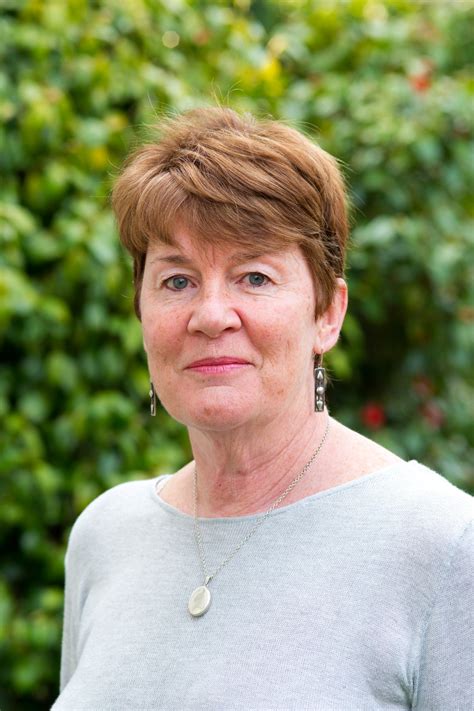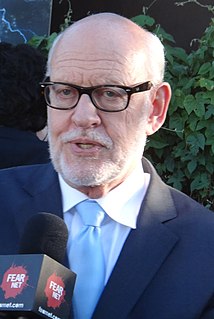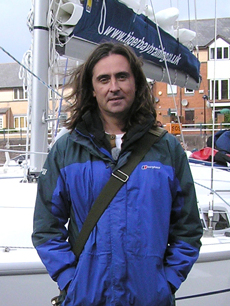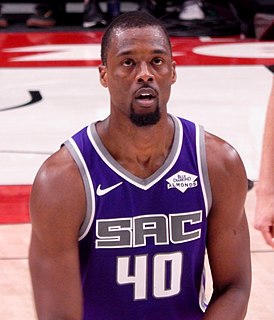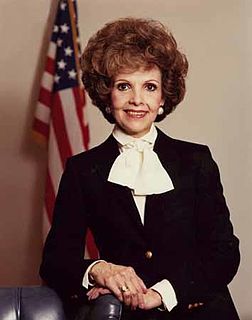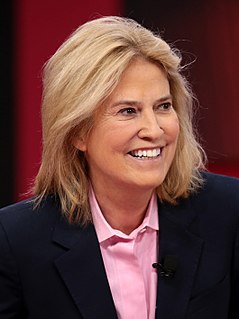Top 1129 Journalist Quotes & Sayings - Page 15
Explore popular Journalist quotes.
Last updated on December 4, 2024.
You have two options when you approach a hostile checkpoint in a war zone, and each is a gamble. The first is to stop and identify yourself as a journalist and hope that you are respected as a neutral observer. The second is to blow past the checkpoint and hope the soldiers guarding it don't open fire on you.
I'm not trying to explain other cultures, or to give a fair and balanced account of a country, or the top ten things you need to know. I'm not trying to spread world peace and understanding. I'm not an advocate or an activist or an educator or a journalist. I'm out there trying to tell stories the best I can.
I know of no American who starts from a higher level of aspiration than the journalist. . . . He plans to be both an artist and a moralist -- a master of lovely words and merchant of sound ideas. He ends, commonly, as the most depressing jackass of his community -- that is, if his career goes on to what is called a success.
Well, I don't know about objectivity, but I know for certain that it's always possible for a professional journalist who understands what he or she's up to to be fair, and that's the key word. Fairness to individuals, fairness to ideas, and to issues and whatever - that is critical, and that is also part and parcel of what the job.
I spent two years in Cairo, and I felt a certain urgency about trying to understand the region and the conflict here, in the modest way that a journalist might be able to try and shed some understanding and enlightenment on a region that is profoundly conflicted, and a conflict that has real consequences for Americans.
I started as a print reporter. I’m a journalist and that’s what I do. My function is an anchorperson, but it’s in a journalism context, and gravitas and coats and ties and haircuts and all that sort of stuff, I’ll leave to others. My thing is just to do my job the best way I know how and as I say I’m very fortunate to be able to do it the way I want to do it.
Real crime-beat investigative journalism does seem to be really dwindling, especially in this age with everything being centered around iPhones. Everyone's a journalist today, essentially. Every pedestrian on the street has the potential of capturing a big story on their mobile device and then selling it and making a lot of money.
I don't know if other people have found it difficult relating to me, certainly that's not the feedback I've had. I don't think of myself particularly as a woman working in sport. I think of myself as a broadcaster, a journalist, and the right person for the job, regardless of whether I happen to be female or male.
I knew early on that I wanted to be a reporter, but I didn't know I was a political journalist until my first job in Boston, in the '70s, covering the public school committee at a time when busing was a huge issue. Children's lives were being directly affected by political decisions, and that's when I realized that everything is politics.
I think journalist is a great profession. It's complicated now. People talk about the demise of investigative reporting.Newspapers play an amazing role in our society, and I still think they are important. I'm sorry newspaper circulation is down. Ultimately, the importance of newspapers can't be replaced.
There's several ways to be a journalist. One way is to be combative and take the person to task and what you have is a portrait of somebody defending themselves, which is interesting. The other thing is to slip into their world and really be a representative for all the people that love the experience of that artist, and have them get so comfortable that you become invisible and they're themselves.
Look how in societies today where Islam is dominant and prominent, how any non-Islamic person, whether it's a Christian or an apostate or a woman or a critical journalist, how they are treated. This is in a very bad way, often with the death penalty or imprisonment or all those kind of terrible things.
It's good for a writer to come from journalism because it gives you the tools. A journalist knows that he or she can lose the reader in six lines, so try to keep the attention of the reader. Also, you learn to research, and to conduct an interview - to extract from the person whatever you need from that person.
After I graduated from the University of Glasgow, I was a self-employed archaeologist going from dig to dig around Scotland, and it was not well-paid. I was an excavator, not a lecturer as well, so paying rent on a flat was tricky. In the end I decided to retrain as a journalist as I couldn't see a future in it.
When I was trained as a journalist, as a race-relations reporter in Nashville covering the end of the civil-rights movement, we were strictly forbidden to use the first-person pronoun. There was kind of an electric charge around it. To come out from hiding and use the word 'I' carried a lot of fright for me.
To me, I'm honored to be able to talk to and interview people like Dr. Harry Edwards and Emmitt Smith, and just to be able to ask them questions is an unbelievable opportunity. I'm not a journalist. I have no idea about that. My wife is 10 times the writer that I am. I'm not going to be on that level.
I review novels to make money, because it is easier for a sluggard to write an article a fortnight than a book a year, because the writer is soothed by the opiate of action, the crank by posing as a good journalist, and having an air hole. I dislike it. I do it and I am always resolving to give it up.
The journalism, I was a financial journalist - it's very good training as a writer. You have to write for deadlines; you have a certain economy of phrasing. As a training ground as a writer, it's fantastic. I also think it teaches you to be observant, to listen to people, and gives you an ear of dialogue from doing interviews.




